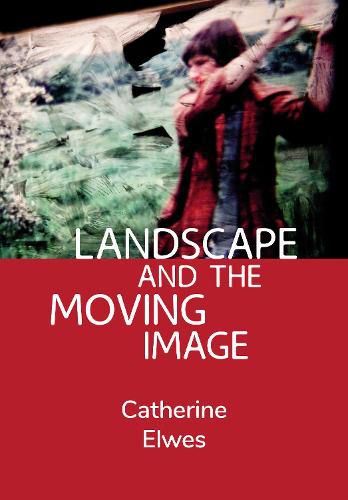Readings Newsletter
Become a Readings Member to make your shopping experience even easier.
Sign in or sign up for free!
You’re not far away from qualifying for FREE standard shipping within Australia
You’ve qualified for FREE standard shipping within Australia
The cart is loading…






Essays explore how the moving image mediates our relationship to and understanding of landscapes.
Catherine Elwes takes readers on a journey through the twin histories of landscape art and experimental moving image to reveal how they coalesce in the work of artists from the 1970s to the present day. Written in a clear, engaging style and drawing on a wide geographical sampling, Elwes considers issues that have preoccupied film and video artists over the years, ranging from ecology, gender, race, performativity, conflict, colonialism, and our relationship to the nonhuman creatures with whom we share our world. The book conveys Elwes’s belief that artists can provide an embodied, emotional response to landscape, which is an essential driver in the urgent task of combating the environmental crisis we now face. Enlivened by the author’s own experiences as a video artist, writer, and curator and informed by conversations with fellow practitioners, the book offers an informed, personal view of the subject.
$9.00 standard shipping within Australia
FREE standard shipping within Australia for orders over $100.00
Express & International shipping calculated at checkout
Essays explore how the moving image mediates our relationship to and understanding of landscapes.
Catherine Elwes takes readers on a journey through the twin histories of landscape art and experimental moving image to reveal how they coalesce in the work of artists from the 1970s to the present day. Written in a clear, engaging style and drawing on a wide geographical sampling, Elwes considers issues that have preoccupied film and video artists over the years, ranging from ecology, gender, race, performativity, conflict, colonialism, and our relationship to the nonhuman creatures with whom we share our world. The book conveys Elwes’s belief that artists can provide an embodied, emotional response to landscape, which is an essential driver in the urgent task of combating the environmental crisis we now face. Enlivened by the author’s own experiences as a video artist, writer, and curator and informed by conversations with fellow practitioners, the book offers an informed, personal view of the subject.